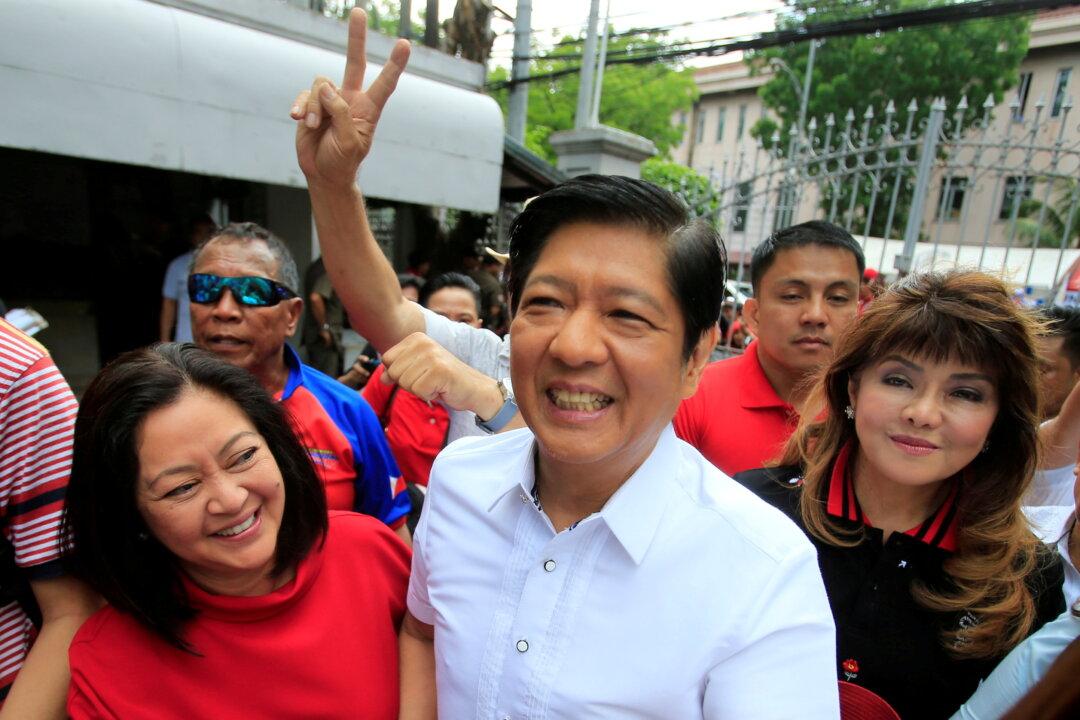Philippine presidential aspirant Ferdinand “Bongbong” Marcos Jr. and his running mate Sara Duterte, daughter of sitting President Rodrigo Duterte, vowed to incorporate nuclear power plants into the country’s energy mix if they win the May 9 election.
Marcos Jr., a former senator and the son and namesake of the late dictator Ferdinand Marcos Sr., emerged as the leading candidate in a Pulse Asia presidential survey, garnering 56 percent of the vote.





